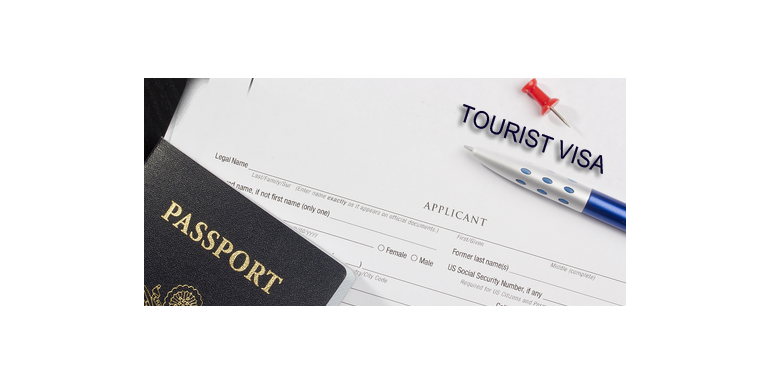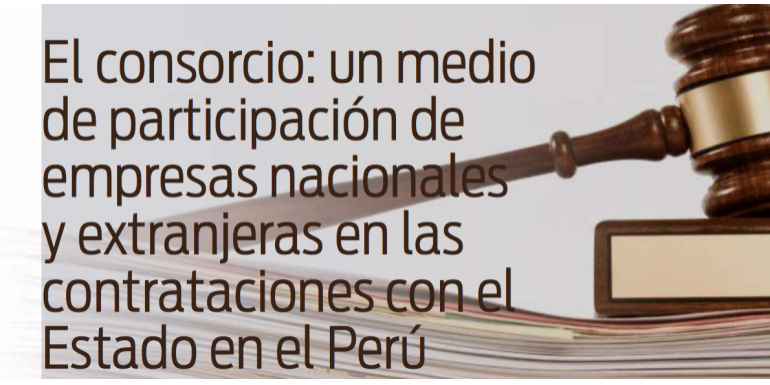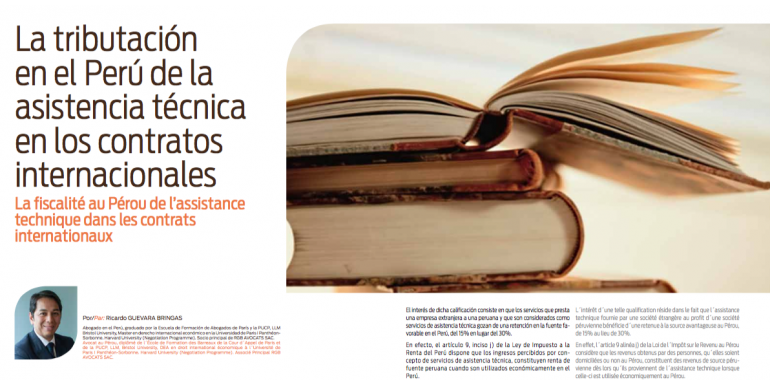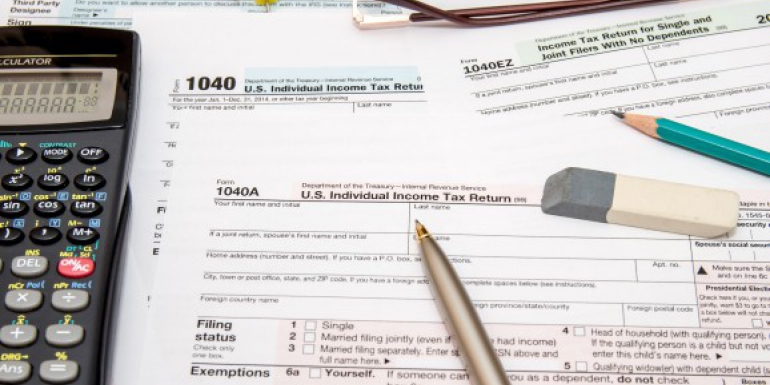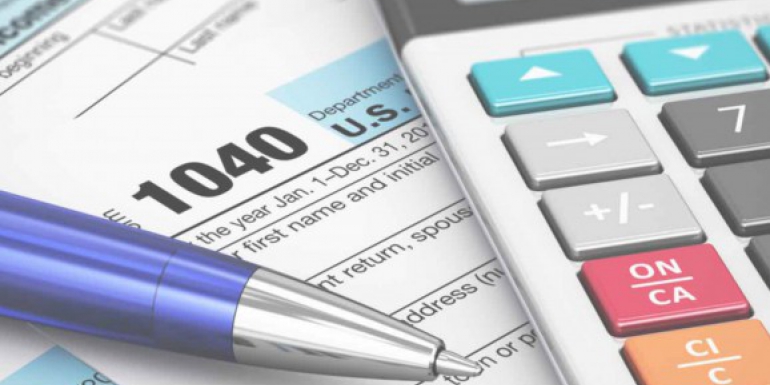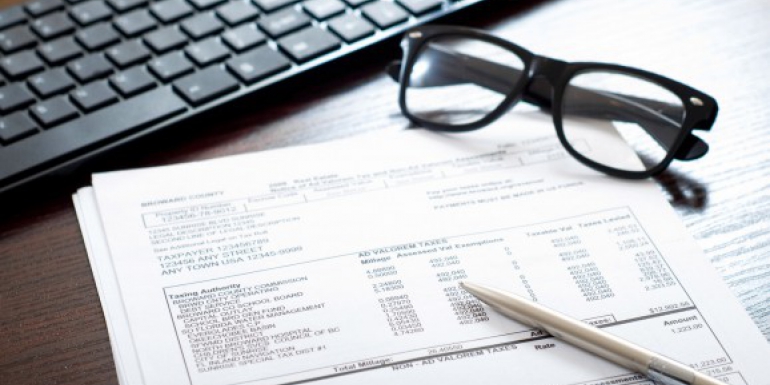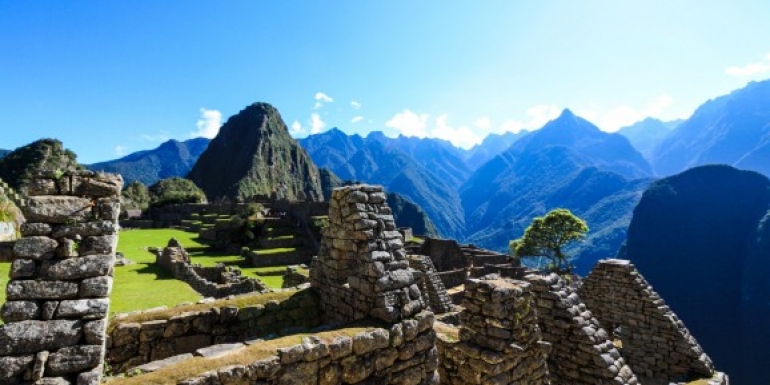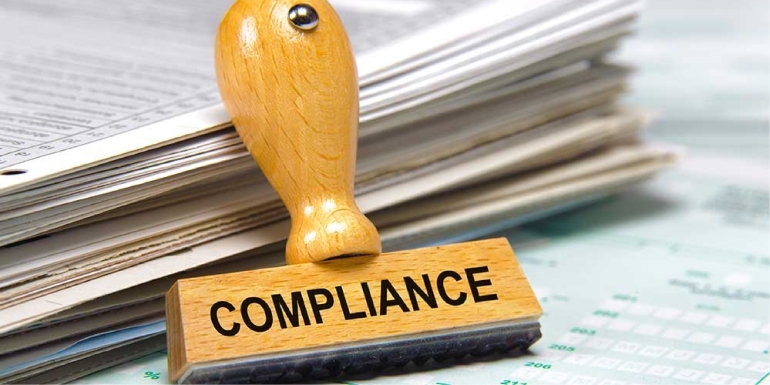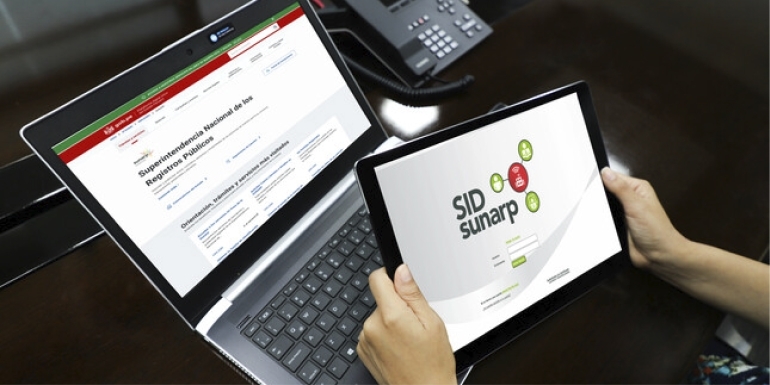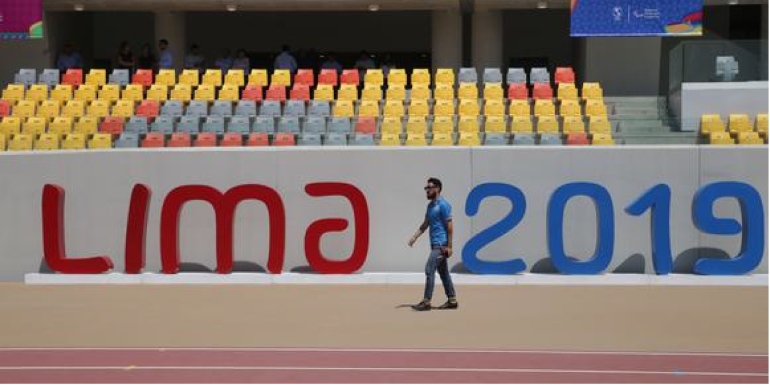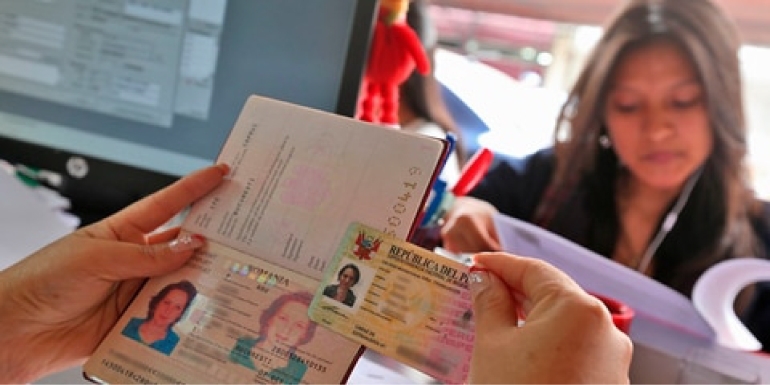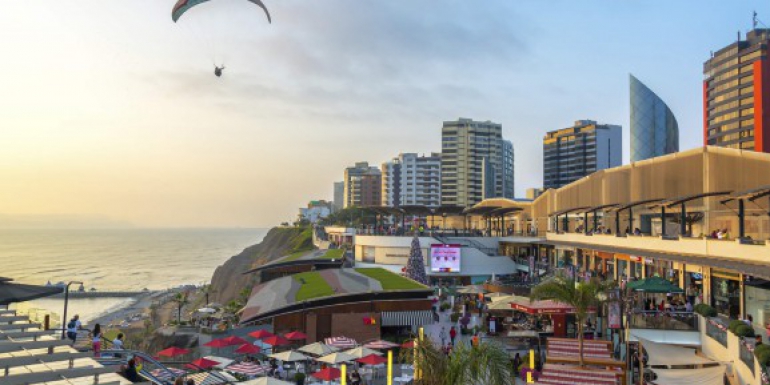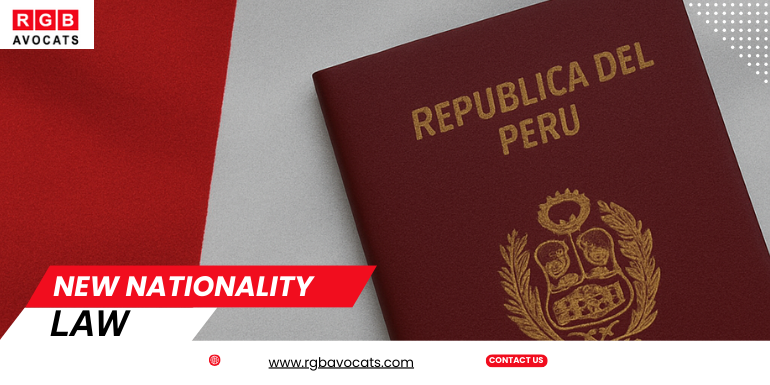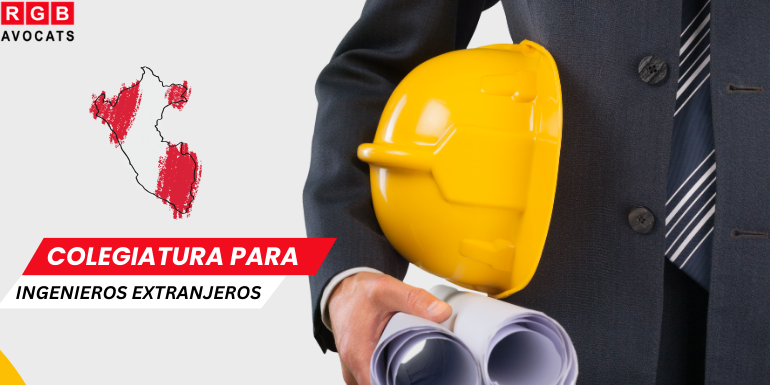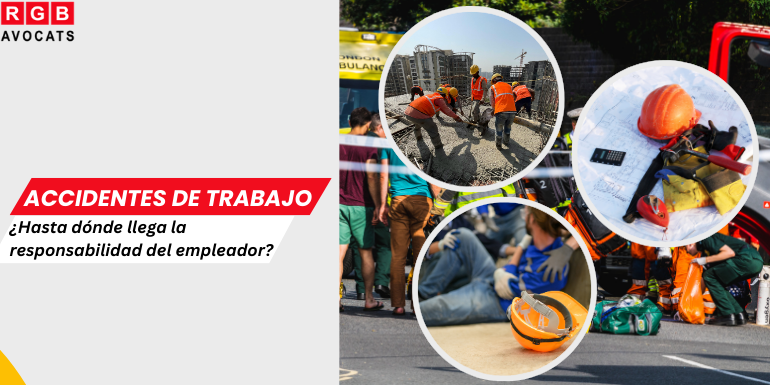Whatever the objective of buying a plot of land, a flat, or a house, you always need to be aware of the main legal issues of such a process. The purpose of this article is to shed some light on the process of buying property in Peru. Our analysis will be divided into 3 sections. Section 1 will focus on the legal ownership and covenants. Section 2 will discuss tax issues. Section 3 will deal with some migratory aspects.
Buying a good title
Once you have found the property you wish to buy, you will need to gather information on the legal title with the Public Registry called SUNARP (“Superintendencia Nacional de los Registros Publicos“). The first step is to ask the owner to give you his personal information (such as his full name) and details of the property you are interested in; with these in hand, you can request the “Certificado Registral Inmobilario” (commonly known as a “CRI”). You should have your lawyer help you interpret this document, because it details the identity of the previous and current owner(s), the location and size of the property, as well as the existence of mortgages or liens against the property.
As previously stated, never buy any real estate without performing the relevant analysis of the legal title. Always ask to be provided with the original documentation from SUNARP. Never rely on copies of such documents. Additionally, you should ensure that the legal documentation is up-to-date.
Be careful with the covenants
If you are buying a house or a piece of land, you need to enquire about the restrictive covenants and other deed restrictions that are in place for the real estate you want to buy. Indeed, they dictate how you can and cannot use the property. These apply to a group of homes or lots, usually property that is part of a specific development or subdivision and they are normally put in place by the municipality. This tells you what you can, or cannot do, with the property. For example, your intention might be to operate an office, or to build an addition to the existing building.
You will need to ask the owner to get this information from the municipality in which the real estate is located. If you buy a land outside town, you must ensure whether the land has all the permissions to build. In addition, ask for the “Certificado de Parámetros Urbanísticos” (building parameters certificate), and the “Certificado de Zonificación” (zoning verification certificate) and then check with your architect if the project you envisage is feasible.
Moreover, you will need to ask the municipality if the current owner has paid all the local taxes such as arbitrios (municipal services tax) and “Impuesto Predial” (property tax).
After obtaining the above mentioned information, your lawyer, or the lawyer contracted by the vendor, will draw up the purchase agreement. This document must be certified by a Notary and then filed with SUNARP. You will have to stipulate in the contract who is the contractual party that will assume such duties and legal fees.
Some local tax issues
If you buy real estate property you must pay a special tax called “Alcabala”. This tax amounts 3% of the value of the real estate. In order to assess the amount of what you must pay, you must first deduct 10 “UIT” from the value of the real estate, which is approximately USD 12, 000. (“UIT” stands for “Unidad Impositiva Tributaria”). A UIT is a fixed amount of money imposed by the government in order to handle payments for taxation purposes, fines, and other payments made to the government. The value of the UIT is updated every year, as such the UIT for 2017 is 1 UIT = S/ 4,050 (around USD 1,200).
Note that you will have to pay the property tax beginning the year after you have acquired the real estate. You may ask the municipality the amount to be paid. You will also have to pay the municipal services tax.
Some migratory aspects
If you live abroad, you may buy real property in Peru through a power of attorney granted to your lawyer or anybody else at the Peruvian Consulate of your country or with your foreign Notary. If you are in Peru as a tourist, you must apply for a permit to sign contracts with MIGRACIONES in Lima, before signing any sales and purchase contract. In effect, as a tourist you are not allowed to perform this kind of transactions without this permission.





